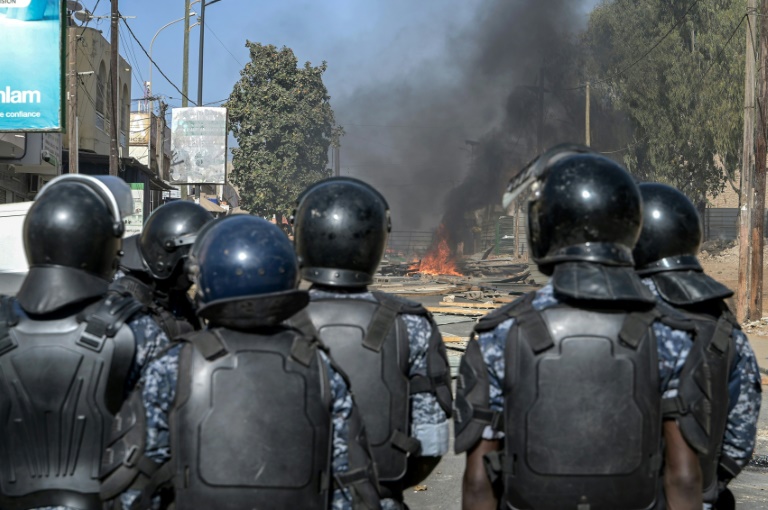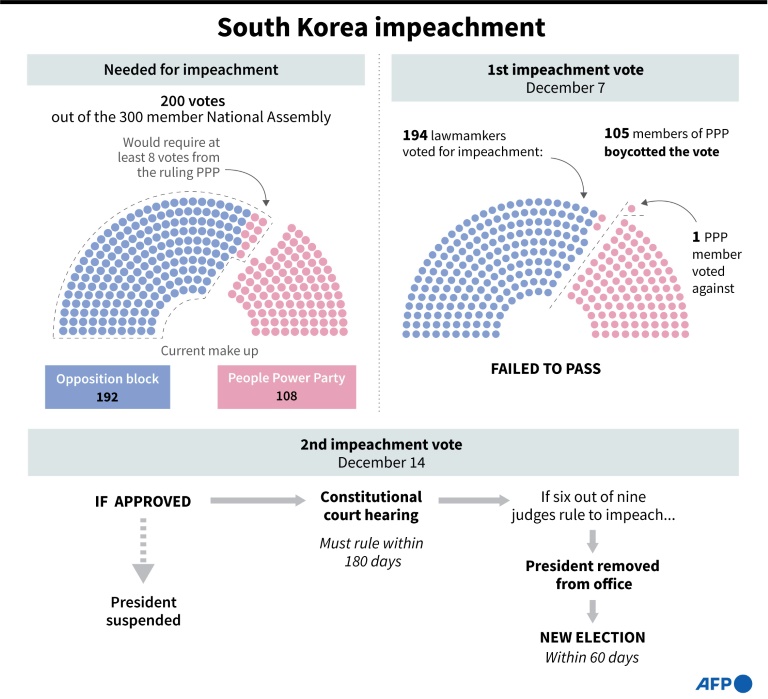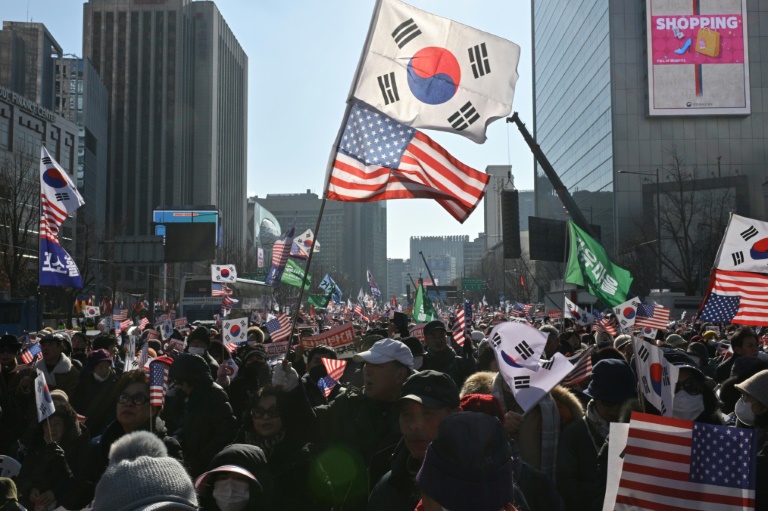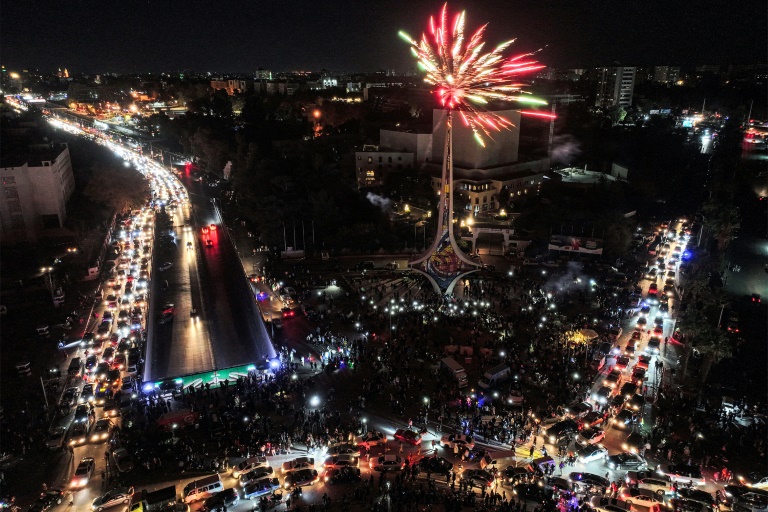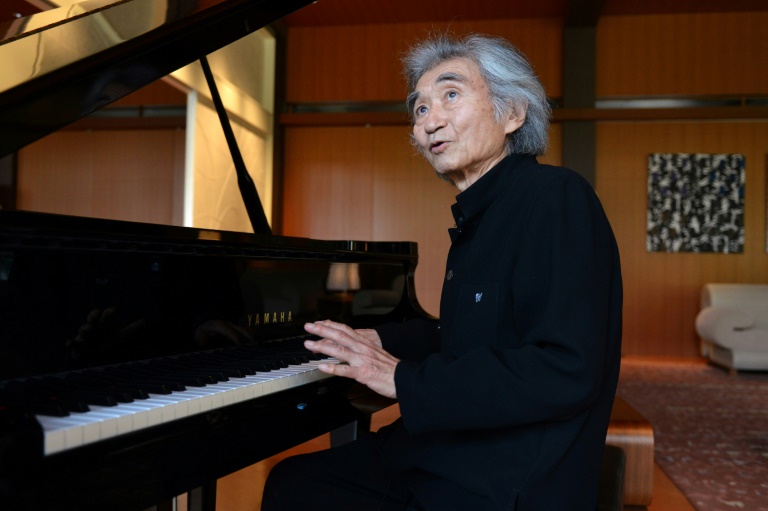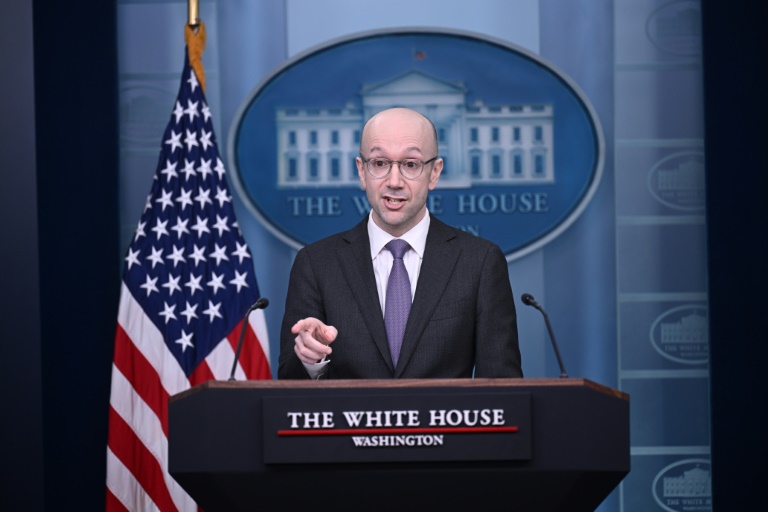West Africa’s regional bloc called for “reconciliation” with Burkina Faso, Mali and Niger on Friday after emergency talks on the coup-hit countries’ withdrawal from the group.
The Economic Community of West African States (ECOWAS) held the crisis meeting of foreign and defence ministers on Thursday after the three states declared their departure late last month.
In a statement ECOWAS urged Burkina Faso, Mali and Niger to “prioritise dialogue and reconciliation,” saying it had “stressed the critical need for diplomacy and unity in the face of regional challenges.”
“The choice of these three countries to exit ECOWAS would not only bring hardship to their people but also undermine regional integration efforts,” said the chairman of the bloc’s Mediation and Security Council Yusuf Maitama Tuggar.
Ahead of the meeting in Nigeria’s capital Abuja, Tuggar, also Nigeria’s foreign minister, urged the three countries not to leave, saying “we are stronger together”.
The council had also been due to discuss President Macky Sall’s sudden decision to delay elections in Senegal just a week, according to Tuggar and a draft agenda.
ECOWAS commission president Omar Alieu Touray called the turmoil in Senegal a “worrying development”, but there was no mention of it in Friday’s statement.
After the meeting, Touray told AFP the council had not discussed the constitutionality of Senegal’s election delay, which would be a step to imposing sanctions.
“We have to determine the constitutionality or unconstitutionality of an action before any decision to take or impose sanctions,” he said.
“That has to be done, and we have not discussed that.”
The bloc has imposed trade sanctions against Mali and Niger following their coups, but experts had said the prospect of ECOWAS sanctioning Senegal was remote.
Senegal’s ministers attended the meeting, but representatives for Burkina Faso, Mali, Niger and Guinea, all temporarily suspended from ECOWAS following coups, were not present.
Burkina Faso, Mali and Niger’s announcement of their intention to permanently withdraw from ECOWAS worsened a diplomatic headache for the bloc, which up until then had 15 members.
The three have said they intend to leave immediately, despite ECOWAS’s requirement that countries wait a year before quitting.
Senegal plunged into its worst political crisis in decades this weekend when Sall postponed the February 25 vote to December just hours before campaigning was set to begin.
Lawmakers voted almost unanimously in favour of the delay on Monday, but only after security forces stormed the chamber and removed some opposition members, who were unable to vote.
Later Senegal police fired teargas to disperse protesters in Dakar.
Observers expressed concern at events in one of ECOWAS’s most influential and stable members, raising fears of knock-on effects in the region.
ECOWAS, the United States and the European Union have urged Senegal to return to its election timetable, but critics have questioned the regional bloc’s sway over increasingly defiant member states.
The turmoil has also brought the almost 50-year-old bloc’s broader role into doubt — especially after its warning of a potential military intervention in Niger last year fizzled out with no sign the country’s toppled president is closer to being restored.
AFP
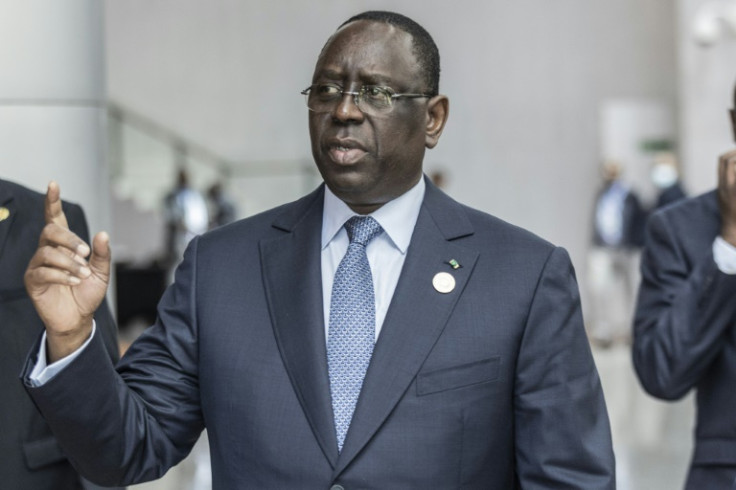
AFP

